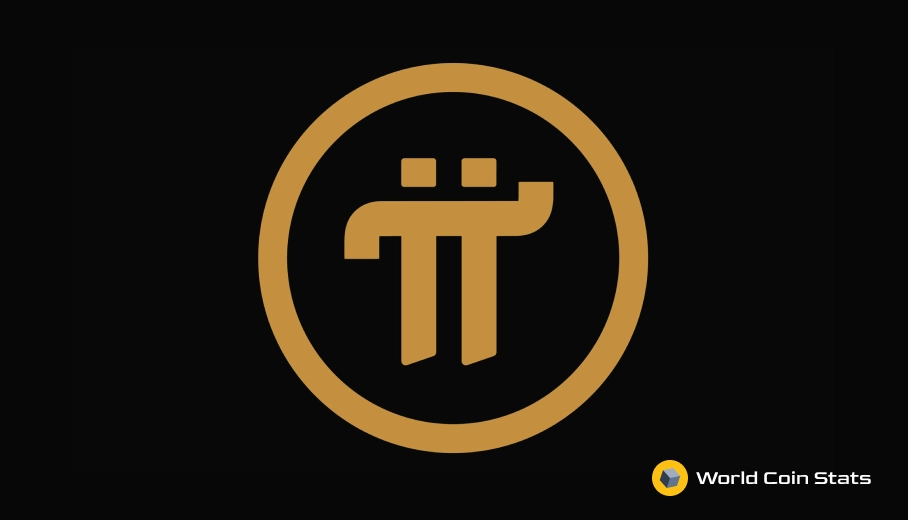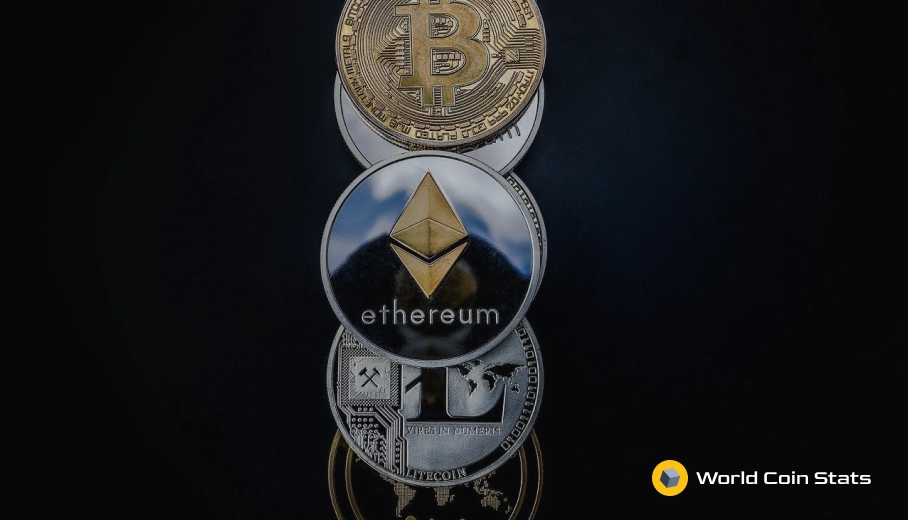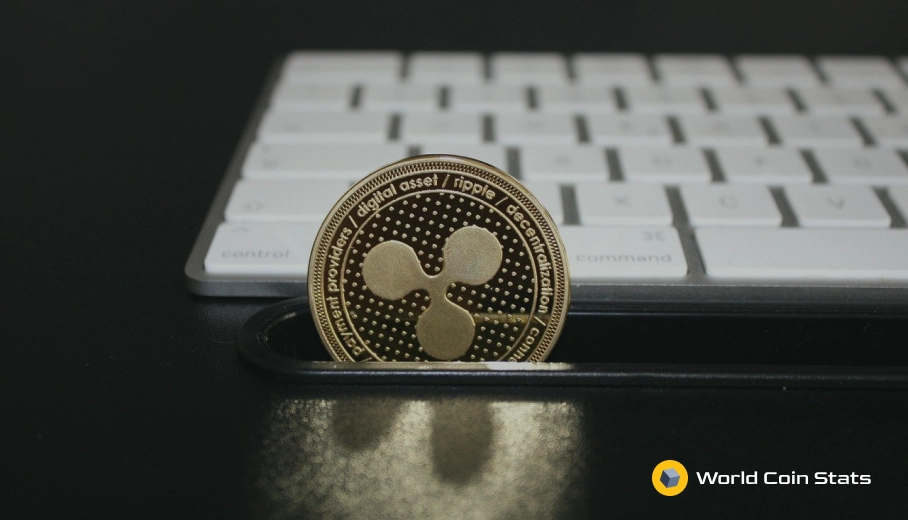PiCoin (PI) – Is it a scam?
Have you heard about PiCoin (PI)?
It’s a yet-to-be-released cryptocurrency that allows users to mine the cryptocurrency on their phones. There are many skeptics about this project because, well, users mine a cryptocurrency that has actually not been released.
This article will offer a full review of PiCoin and whether or not this project is legitimate.
What is Pi Network (PiCoin/PI)?
Pi Network is a mobile focused blockchain that allows users to “mine” the native cryptocurrency PiCoin (PI). We put mine in quotation marks because users are not actually mining the cryptocurrency.
The mining app tracks your data and then sells it to advertisers. It also displays advertisements on the app for extra profit.
Mining PI consists of signing onto the app, clicking a button, and receiving PI in your wallet.
That’s not mining as it’s not providing any hashing power. It’s also not even decentralized as all the transactions are hosted on the company servers.
Other problems we have with Pi Network is that the source code for the blockchain is not open source, it’s not decentralized, and the total supply was not disclosed in the original whitepaper.
We would not even classify PiCoin as a cryptocurrency. It is more like a score in a video game, but more worthless and less fun.
This seemingly nonsensical project all has a purpose, though. We will cover that in the next section.
Who Founded Pi Network (PiCoin)?
Pi Network was founded by three Stanford PhD candidates all the way back in 2017. All the founders are doxxed and public about their involvement with the project.
What is The Purpose of Pi Network?
Pi Network seems nonsensical and gimmicky. As we mentioned previously, a user simply presses a “Mine PiCoin” button on the Pi Network app to receive PI in their wallet.
That’s not mining despite what the Pi Network marketing department tells people.
The purpose of this stage of the project is two-fold.
First, Pi Network wants to increase brand awareness for the project. This was accomplished by allowing those that referred more users to earn more PI from mining.
It worked quite well as the app has over 29 million downloads, which makes sense because people like easy money. And not much is easier than “earning” money by clicking a button on an app once a day.
Note: You aren’t earning anything as you can not sell the coins as the mainnet has still not been released.
The other purpose of the stage is to generate revenue by selling ads to app users and collecting their data to sell.
Some users got the idea that Pi Network was launched as a data mining operation due to how bad this all looks.
Is PiCoin a Scam?
PiCoin has received a lot of criticism over the past few months after influencers started sharing referral links. The obvious problems are that users provide valuable information in exchange for no immediate benefit.
Again, users simply click “Mine PiCoin” and the numbers in their wallet increase. Those numbers in the wallet will be allocated as a sort of premine during the release of the Pi Network mainnet is eventually released.
Our problem with this is that the project was launched in 2017. It has been almost five years and the developers are finally saying that the mainnet will launch in the latter half of 2022.
We would not take that planned release super seriously. You should expect delays because delays always happen in the software development industry.
Another huge problem we see with PiCoin is what will likely happen during the launch of the project. The developers finally stated the maximum supply of the coins as 100 billion coins.
Users do not earn all that many coins from the mining process. We have read reports about users having 2000 coins after two years of using the app.
This means that users will have what is a pretty much worthless stack of crypto for years of selling their data to a tech company.
To summarize, PiCoin is a legitimate business. We would not even classify it as a scam because no one is losing money and the users agree to all this when they download the app.
Basically, users are selling their data to a tech company for the promise of a high value cryptocurrency later down the line. The unfortunate news is that the cryptocurrency will not have much value in the future, so users are selling their data (and time) for a very bad price.
Is PiCoin a Good Investment?
It’s not even possible to purchase PiCoin anywhere at the moment. The only way to earn is by “mining” it on the Pi Network mobile app. Mining in this case refers to being bombarded by advertisements and selling your data to the Pi Network.
We find that a fairly bad deal because we are very bearish on the value of PiCoin if/when the mainnet is ever launched.
Some people think it’s a great investment, though. The app has nearly 30 million downloads.
We recommend doing more in-depth research on the team and project before deciding whether or not to “mine” this “cryptocurrency.” The good news is that mining does not take up more than a few seconds, but you do give the app some permissions that allows them to sell some of your data.
Closing Words
That covers it for all you need to know about PiCoin – it’s not even a cryptocurrency nor is it actually mineable in the way that everyone in the industry defines mining. The project basically asks users to watch ads and provide their personal data (most likely sold to advertisers) for a high payout at some indefinite point in the future.
We, along with pretty much everyone very familiar with cryptocurrency, find PiCoin a very shady, bad project that should be avoided.




